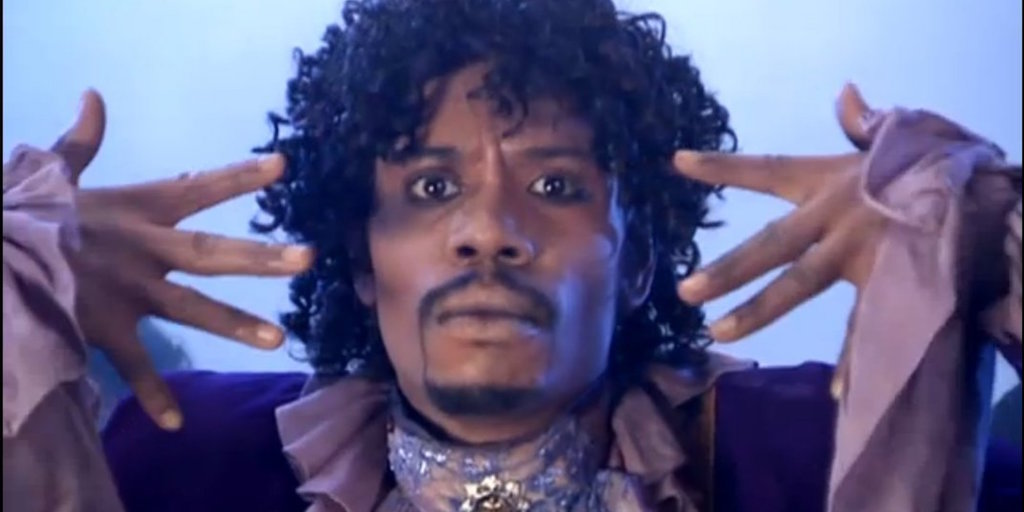It serms incredible to me to give over a billion dollars to a random person.
I think it’s somewhat charming tbh. Everyone gets a tiny, miniscule chance of never having to work again. I rarely buy a ticket, but when I do I spend all week imagining all the fun things I’d do with the money.
As the other poster said, though, it’s sad when folks get addicted to it.
First of all, they are not getting $1.2B. The lump sum cash value is $551.7M. The usually reported jackpots are presented in terms of the value of a 30 year annuity.
Second, those winnings are before taxes. After taxes, depending on the state, the person will walk away with $280m-350m.
Now, sure, that is still an absurd amount, but still like 1/4th the stated jackpot.
That’s more reasonable.
Also most lottery winners end up dead or bankrupt within a few years of winning.
I guess that’s my point
Not really.
The lottery is paid for by those who all have an equal chance of winning that prize. Also, the profits from lotteries are usually spent on social funds etc.
I feel more conflicted about thr fact that it preys on addiction and those who buy the most lottery tickets are often those who can least afford them. I find that much more grotesque than a random person getting very lucky, but to each their own.
Half would go to the government no?
That depends on the government in question. For example, the Canadian government does not have a claim on any kind of lottery or game show winnings.
On the first year I believe.
In the US, close to half of the winnings do go to the lottery, plus a portion of each lottery ticket usually goes to fund some government agency. Schools, programs for the impoverished and disenfranchised, etc.
The real question, in my opinion, is if you are willing to spend that much money on a ticket, why aren’t you willing to spend that much money on just outright funding government programs? Imagine if 100% of what someone paid for a ticket went to programs for the disenfranchised? That could make real difference.



